
There are few things more important for your cat than their annual health assessment and having the right vaccinations. At The London Cat Clinic we’re huge believers in them. They will both have a direct impact on both the quality and length of your cat’s life.
Our ethos is one of ‘birth to retirement care and beyond’ for your cat and we take a holistic view of their health. We’ll ask you questions about their history, diet, habits and environment and use this information to formulate the very best preventative healthcare plan.
The most important part is the clinical examination. With many healthy cats, this is the one time in the year we get to check them over. This really matters – especially as cats are the ultimate camouflage artists when it comes to hiding signs of illness or pain.
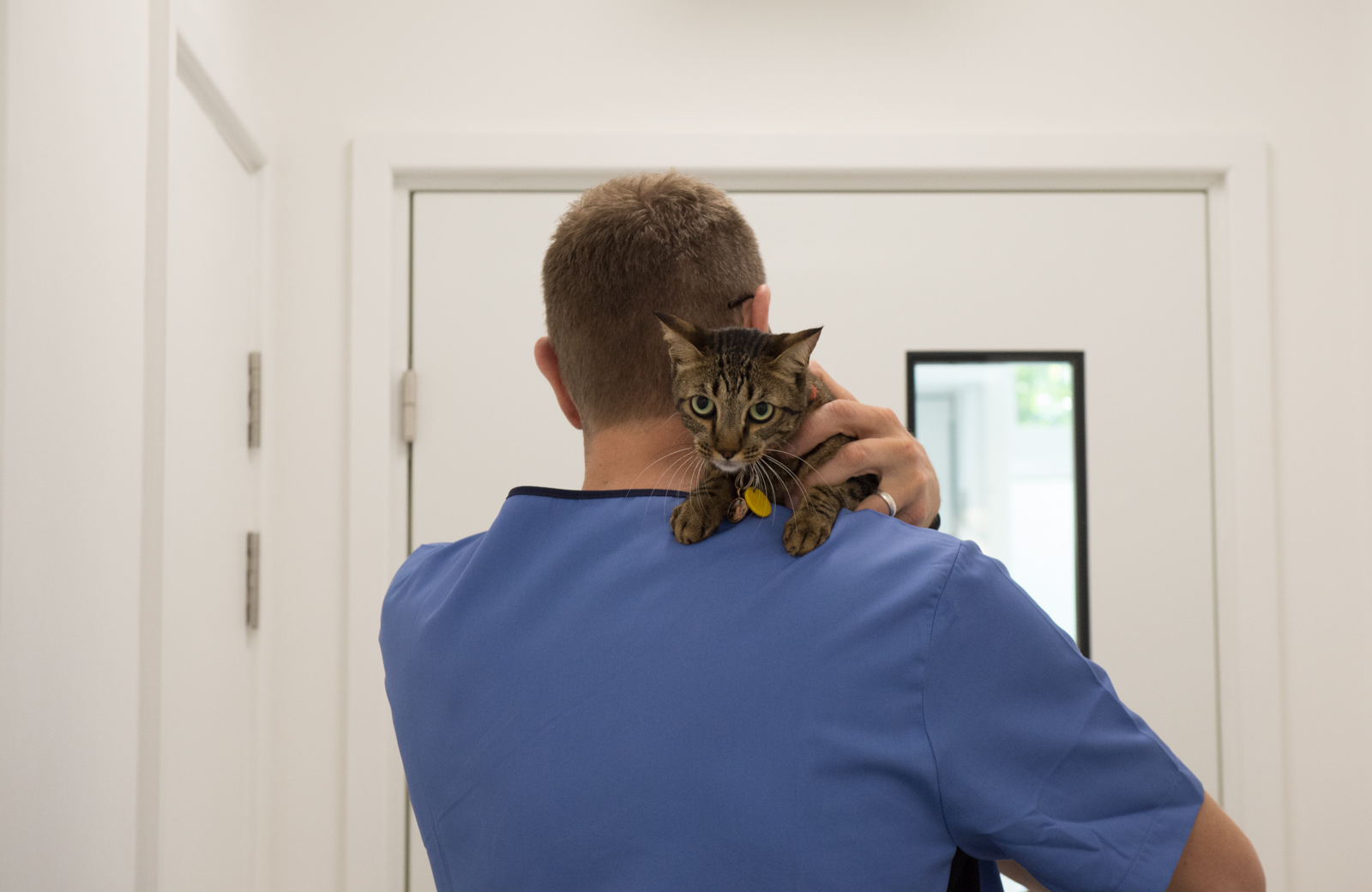
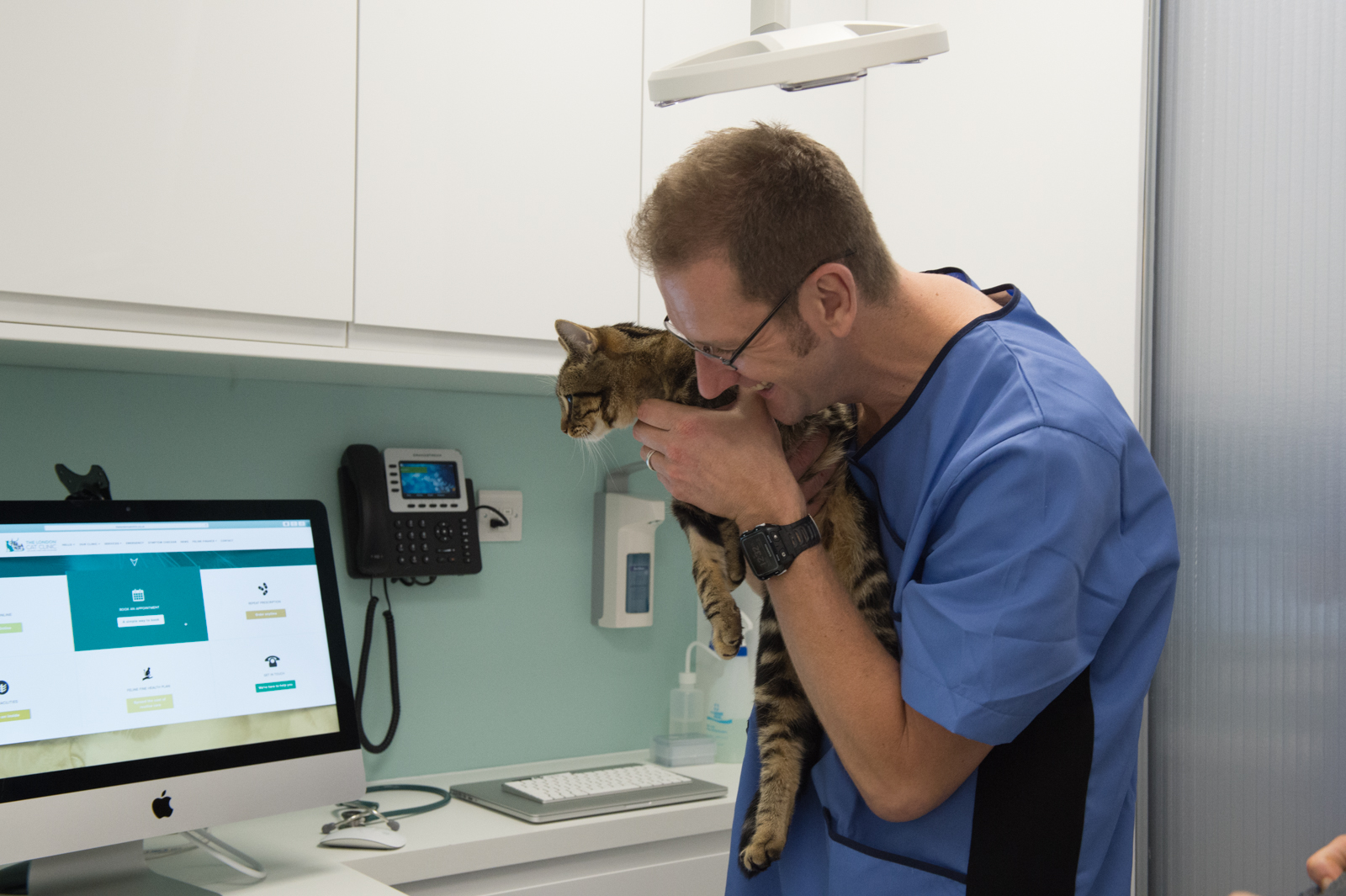
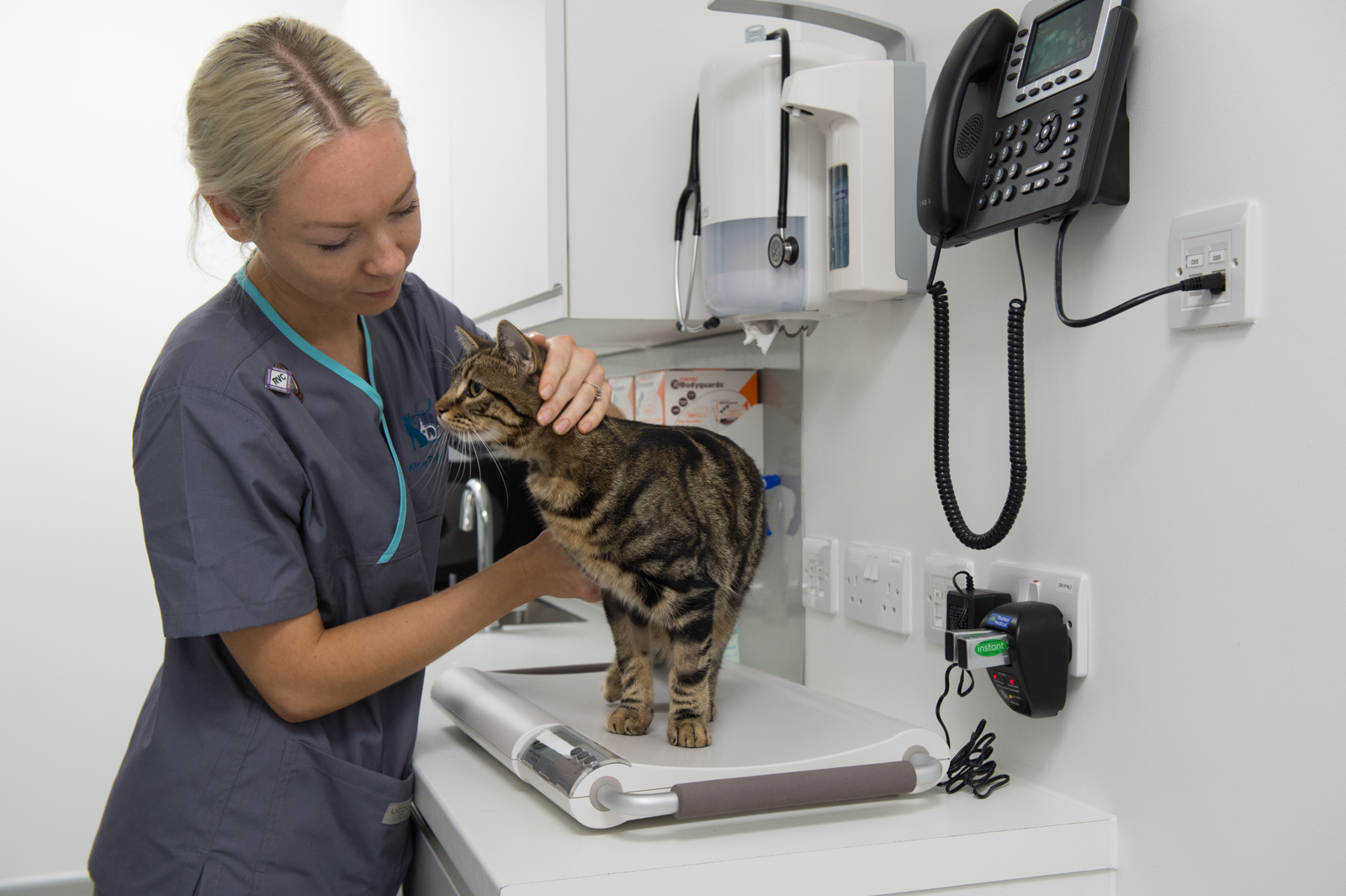
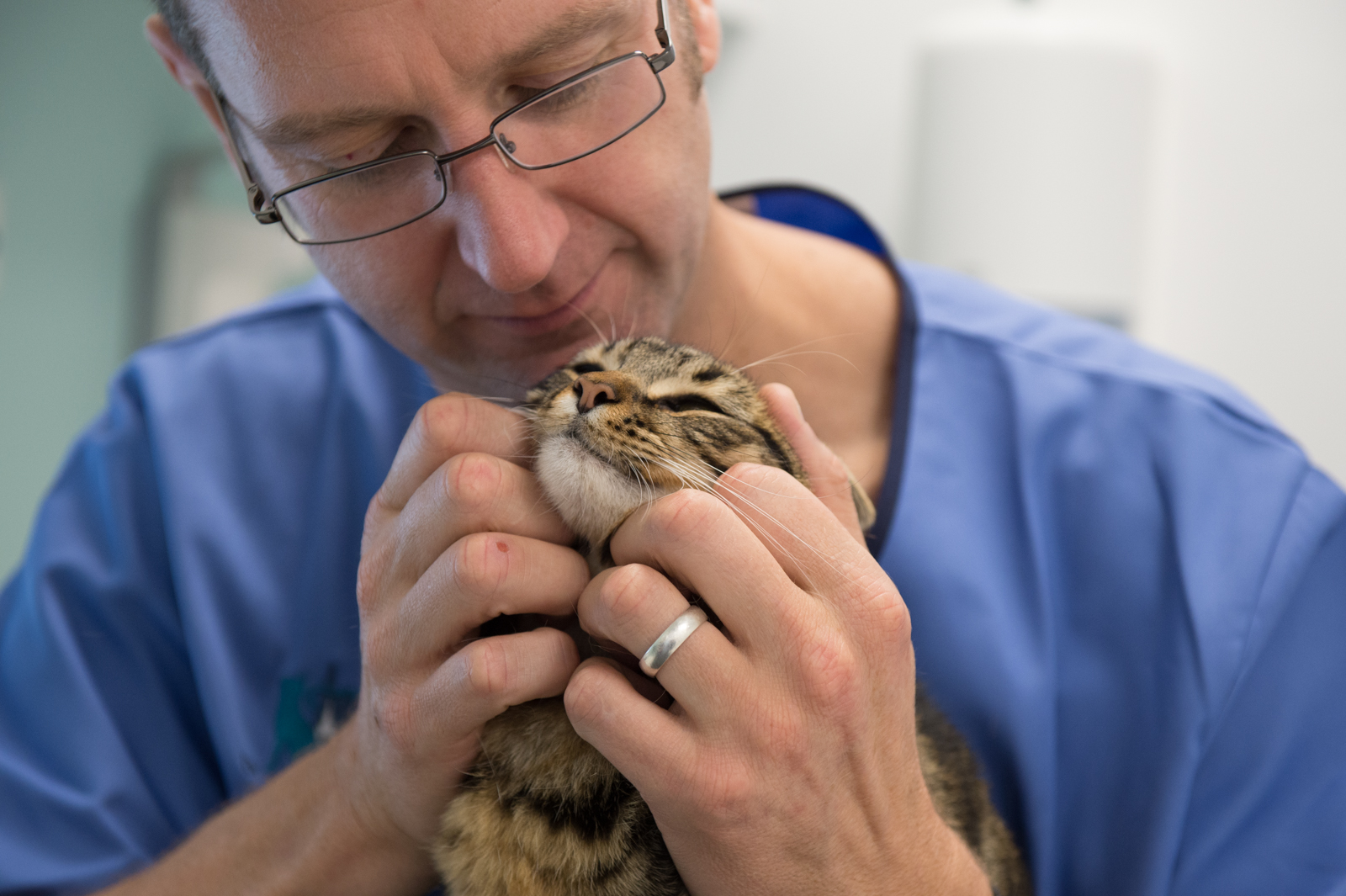
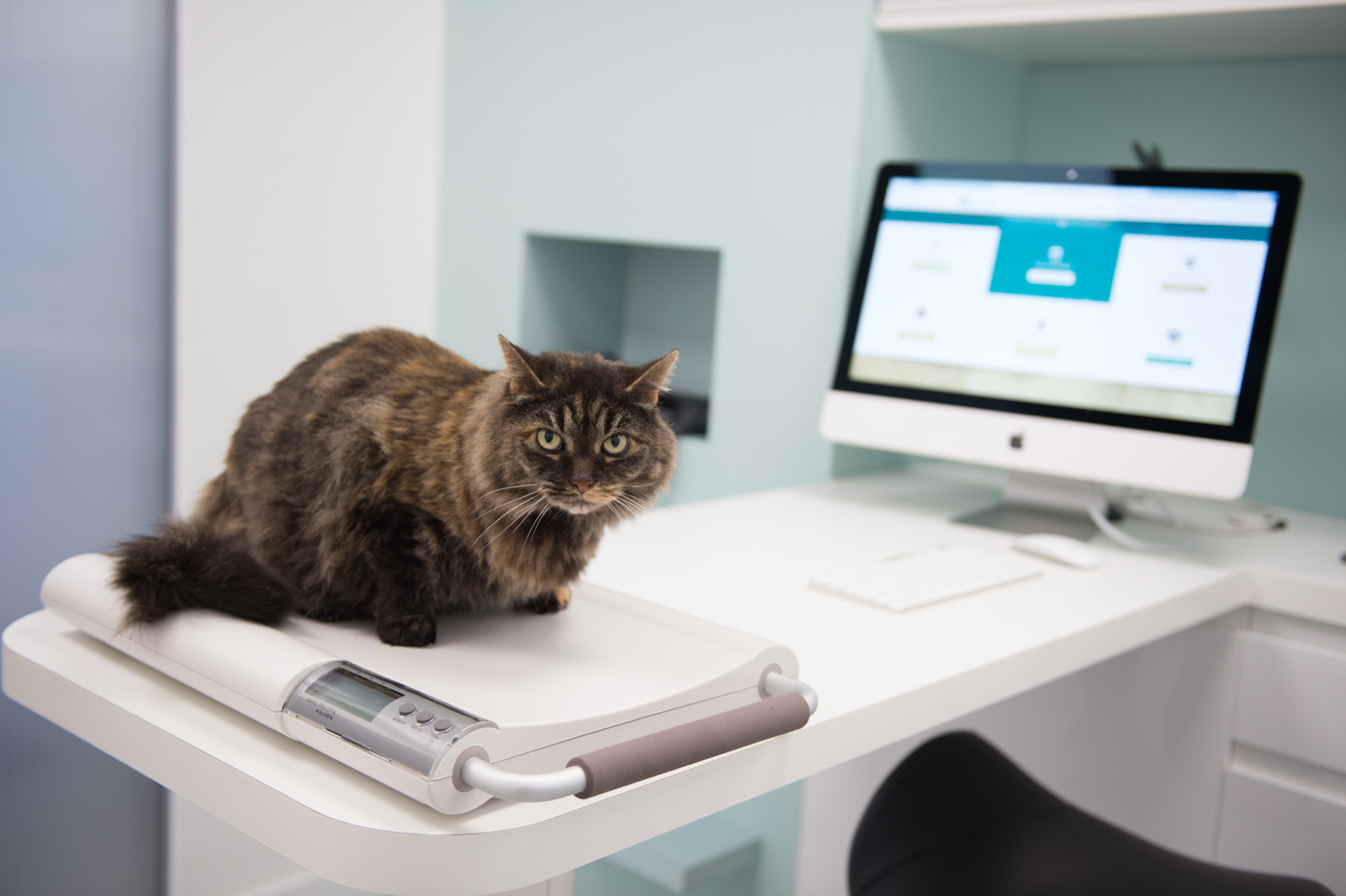
We assess everything starting at the nose and working our way back to the tail, comparing these findings to previous years and seeing if any trends, good or bad, are developing. We measure their weight, examine the ears, eyes, teeth, skin and claws. We then examine the heart and lungs and finally assess the abdomen.
Think of it like an annual MOT – a chance to give you peace of mind. If we do find any worry points, it’s a chance to deal with them as soon as we can before they develop into something more serious.
What are the risks?
The benefits of vaccination greatly outweigh possible risks. For the first 24-48hrs following vaccination your cat may experience mild and short-lived reactions such as poor appetite, sleepiness or fever that resolve without treatment. Any symptoms that persist for more than a day or two should be discussed with your veterinarian. Rarely, lameness and fever can occur and this may require pain relief and supportive nursing until it resolves. More serious allergic reactions can occur and may include vomiting, diarrhoea, facial swelling, or difficulty breathing. These serious reactions appear within minutes or hours of vaccination and require immediate veterinary care. An uncommon reaction (1 in 10, 000 vaccinations) is a tumour at the injection site that develops months or years after vaccination (Feline Injection Site Sarcoma). Please call us to discuss any persistent lumps or swellings if these occur at the injection sites.
Where do we vaccinate?
Although the risk of Feline Injection Site Sarcoma at the vaccination site are very low, to increase our ability to treat these if they occur we inject the vaccination under the skin of the forelimb, hindlimb or tail depending on the vaccine type and rotate these sites as appropriate in line with the World Small Animal Veterinary Association guidelines. Cats tolerate these alternative sites very well.
There’s no reliable scientific way to calculate the relationship between human and cat years, but it’s generally agreed that the first two years of a cat’s life are roughly equal to the first 25 of a human’s, and after this, each additional year is around four ‘cat years’. This means if your cat is six years old, their equivalent cat age in human years will be around 41. If we only see your cat once a year then in fact they are only getting checked every 4-12 'human' years. Would you go that long without a visit to your doctor or nurse? We encourage all our patients to see us for a 6 monthly full health check-over and chat.
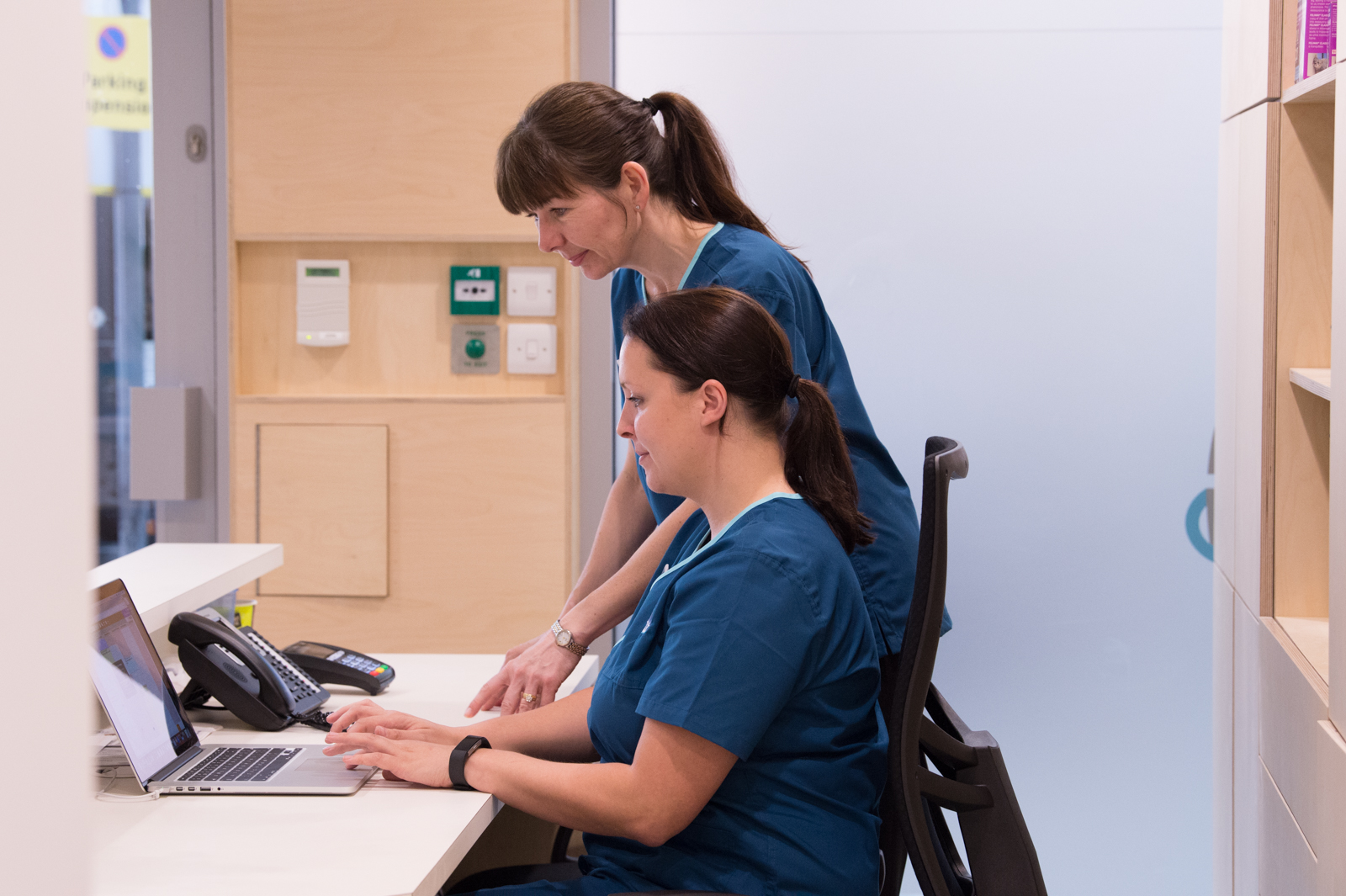
Our Feline Fine Healthcare Plan is designed so you can spread the cost of your cat’s preventative healthcare treatments over the whole year, paying monthly by direct debit. The average savings on our plan are significant. We have also gone a step further to make the Plan even more valuable to our clients. We provide free consultations and significant discounts on a number of clinic products and services including dentistry, diagnostic imaging and surgery.
To book an appointment, please call the practice on 0203 740 1112 or make an appointment online here.